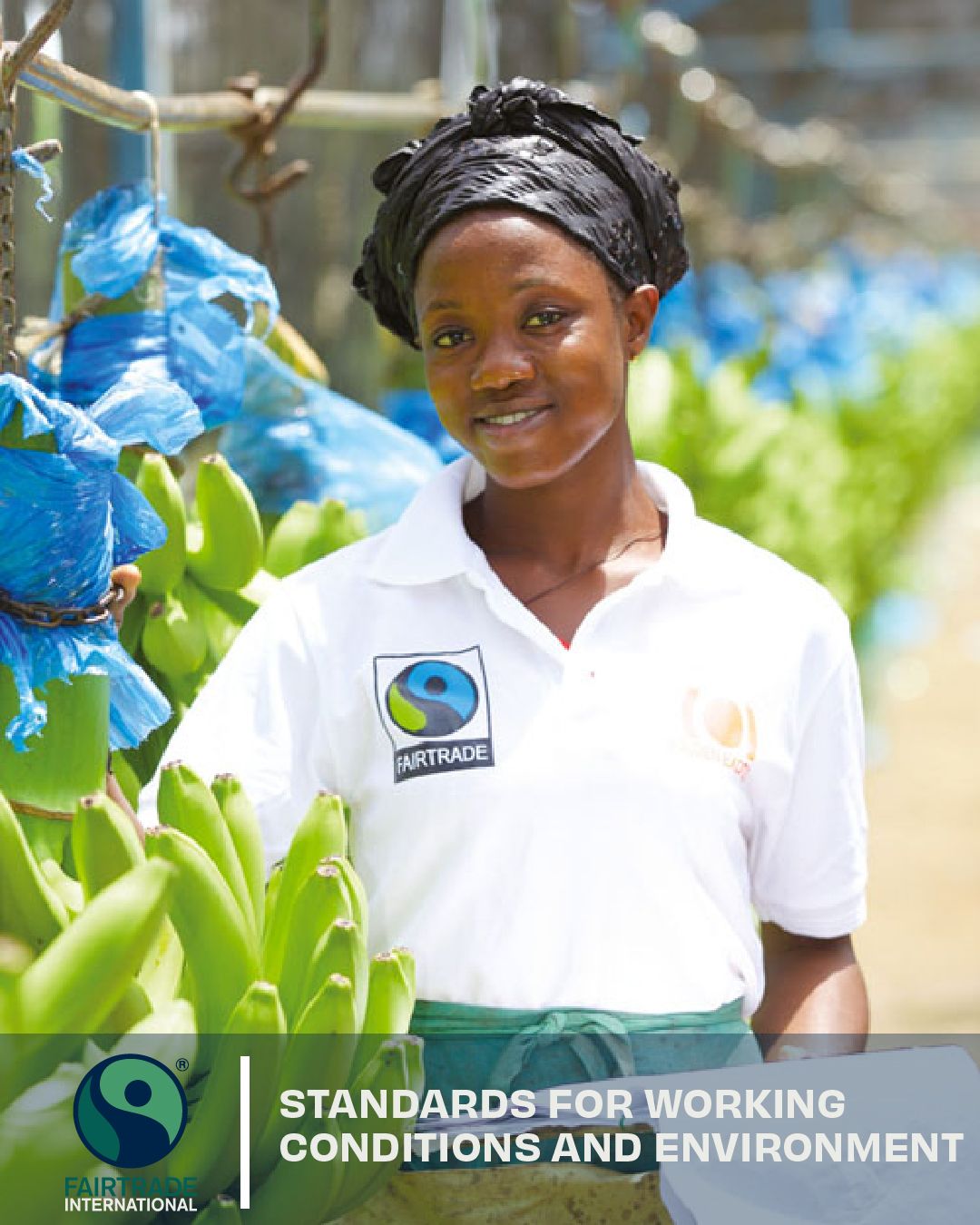Mon Jan 16 2023 · 6 min read
Ecolabels in the Textile Industry: 3 Standards to Consider
In today's world, considering the environmental and ethical impact of our purchases is not an easy task. One way to manage this is by looking for ecolabels on clothing and textile products. Ecolabels are official symbols that indicate a product has been designed to have a lower environmental impact than other similar products. With hundreds of different ecolabels in the textile industry, it can be overwhelming to know which ones to pay attention to. In this post, we'll dissect three important ecolabels to consider when shopping for clothes: the Global Organic Textile Standard (GOTS), Fairtrade, and OEKO-TEX 100.
Global Organic Textile Standard (GOTS)
One of the most significant worldwide standards for the ethical manufacture of apparel and textiles is the Global Organic Textile Standard (GOTS). It pertains to natural fabrics that are organic, like cotton and wool. From the sourcing of raw materials to their labeling, packaging, and distribution, GOTS-certified textiles are produced in compliance with socially and environmentally acceptable standards.
Fairtrade

Fairtrade is an international organization that works to improve the conditions of agricultural producers and the environment in developing countries. It sets standards for farmers, workers and companies alike, monitoring the protection of workers’ rights and providing a guarantee of equal and liable commerce. It also protects the landscape by requiring agricultural workers to respect the sustainable standard of production. For instance, clearing forests to produce cotton is not permitted if you want to receive Fairtrade certification.
OEKO-TEX 100
OEKO-TEX 100 is an international environmental label for textiles. It guarantees that clothes do not contain substances harmful for human health, such as pesticide residues or heavy metals. The criteria catalog is updated at least once a year and expanded with new scientific knowledge or statutory requirements. It's important to note that OEKO-TEX 100 is not a social label, as it does not take into account working conditions.
It's worth noting that an ecolabel does not 'tick the box' on everything, but it is a good place to start when trying to make more environmentally and ethically conscious purchasing decisions. By considering labels like GOTS, Fairtrade, and OEKO-TEX 100, you can be more confident in your choices and make a positive impact on the world.
